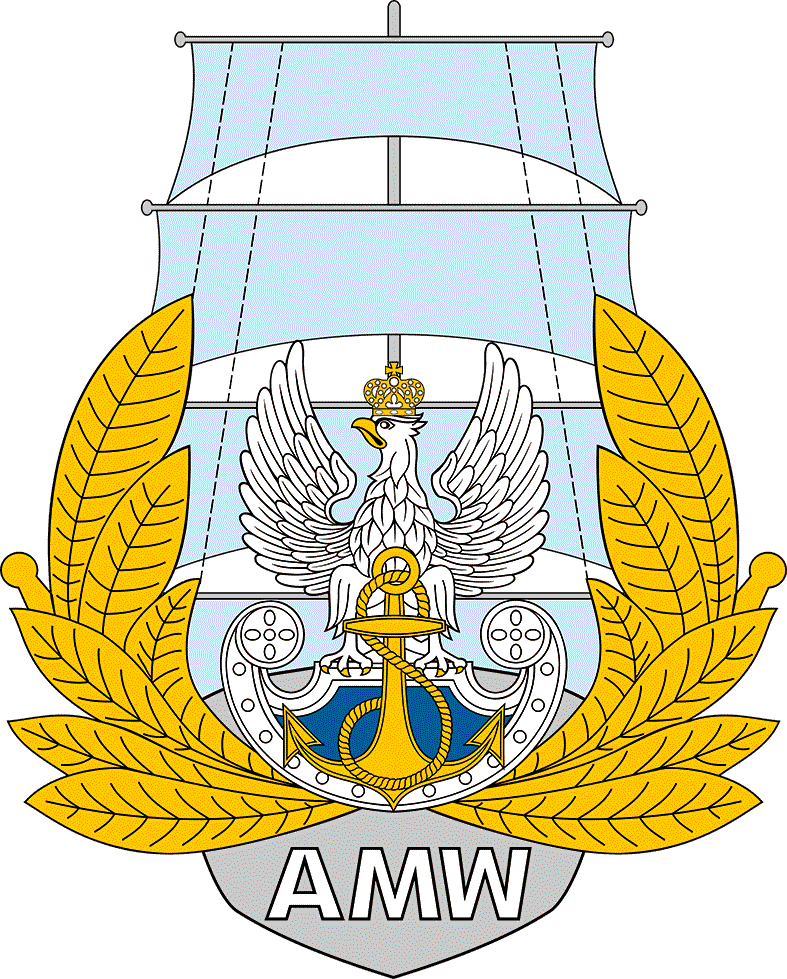COHESION AND ADAPTABILITY OF A FAMILY WITH A CHILD WITH INTELLECTUAL DISABILITY AND PARENTS' SENSE OF LONELINESS DURING THE SARS-COV-2 CORONAVIRUS PANDEMIC IN POLAND
DOI:
https://doi.org/10.34813/30coll2022Keywords:
family systems, cohesion, family adaptability, young people with intellectual disabilities at the time of SARS-CoV-2 coronavirusAbstract
We are currently experiencing many changes, which are the consequence of the coronavirus SARS-CoV-2 pandemic which occurred around the world. Families with a child with disabilities, self- isolated in family homes, often deprived of contact, help and support, and worried about the situation of their disabled children, their health, specialized rehabilitation, education or therapy, are in a particularly difficult situation. The aim of this article is to diagnose the sense of loneliness of a family with a child with disabilities as a system and its cohesion and adaptability in the time of the SARS-CoV-2 coronavirus pandemic. For the purposes of the research, tools such as the De Jung Gierveld Scale were used to examine the sense of loneliness and the FACES III family questionnaire was used to measure cohesion and adaptability. The research was conducted in a group of 131 people, including parents and children with intellectual disabilities, and revealed a relationship between loneliness and the level of family cohesion and adaptability, as well as a relationship between mothers' loneliness and fathers' loneliness. However, an association of parents' sense of loneliness with the sense of loneliness of children with intellectual disabilities was not confirmed. Diagnosis from the obtained research results can contribute to outlining the direction of preventive, supportive and therapeutic interventions resulting from the SARS-CoV-2 coronavirus pandemic.
Downloads
Published
Issue
Section
License
Copyright (c) 2022 Krystyna Barłóg, Urszula Gruca-Miąsik, Joanna Leśniak, Aneta Lew-Koralewicz

This work is licensed under a Creative Commons Attribution-NonCommercial-NoDerivatives 4.0 International License.






